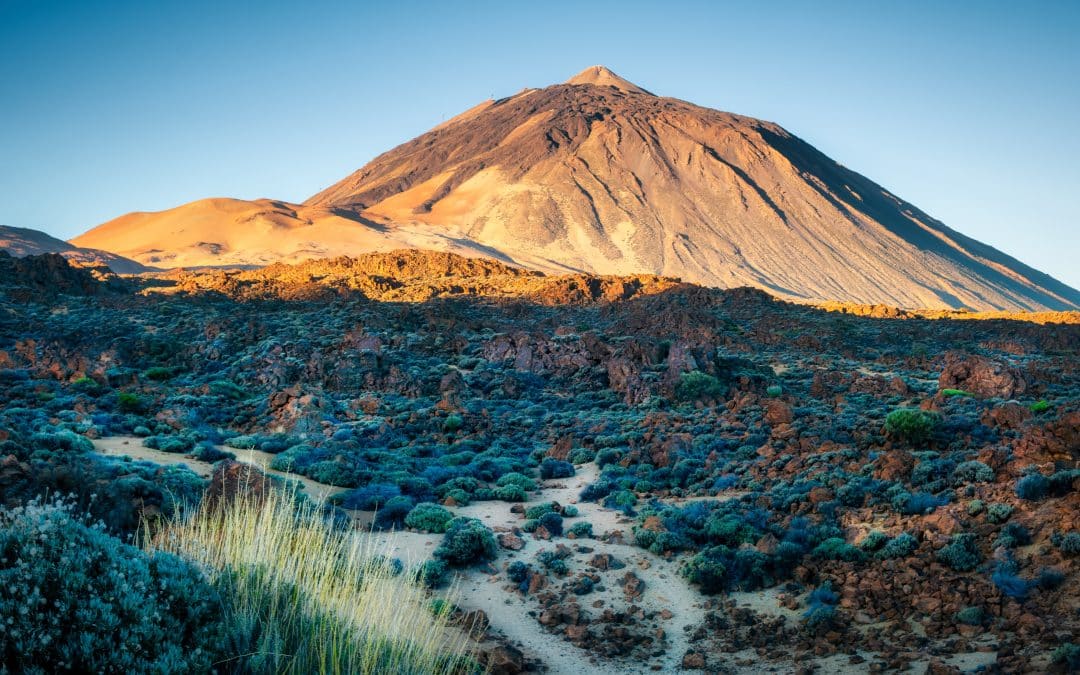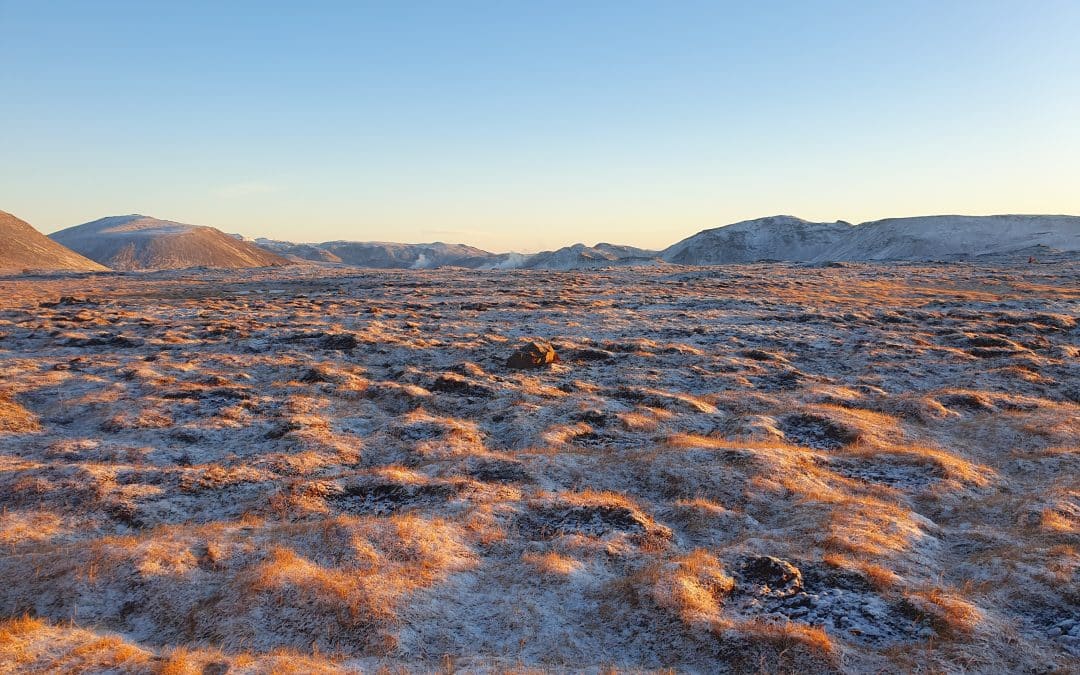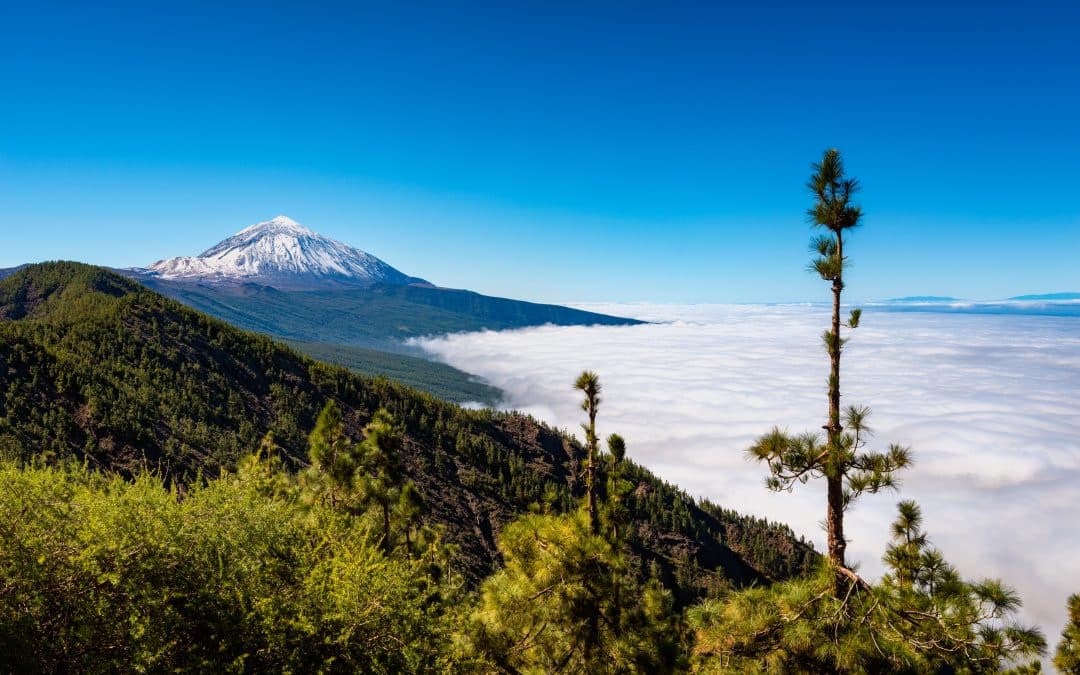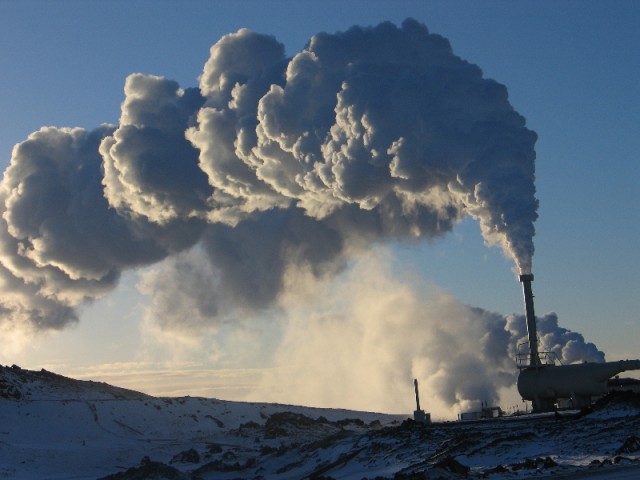The newly approved bill on geothermal resources exempts royalty payments for companies engaged in thermal resource development and exploration in the country. Last week, Parliament, which was dissolved on July, 8, 2016, was summoned for an urgent session and unanimously approved a number of bills, including the “Geothermal Resources Development Proclamation 2016”.
Before the new proclamation was approved by legislators, geothermal resources were considered as any other extractable mineral resource, with no consideration to the peculiar characteristics of this energy source. It was governed by legislation designed for other minerals. Investment in geothermal resource development was subjected to Mining Proclamation No.52/1993 and administered by the then Ministry of Mines and Energy (MoME). However, geothermal resource is unique, as it is a renewable source of energy.
“Royalty payments remain binding for non-renewable energy resource developers, but not for renewable ones,” said Sahele Tamiru, director of energy study and development follow-up at the Ministry of Water, Irrigation and Energy (MoWIE).
Under the new bill, geothermal resource is classified under the renewable energy resources category, which also includes solar, wind and water resources, and falls under the administration of the MoWIE.
The resource is abundant throughout the country’s rift valley region. Though Ethiopia can generate as much as 10,000MW of electricity from geothermal resources, it has thus far utilised just seven megawatts from the Aluto-Langano plant.
Ethiopia has made plans to develop several geothermal resources along the Rift Valley. However, most remain unrealised with the exception of the Corbetti geothermal development project. The Ethiopian government signed a deal in 2015, during the historic visit of US President Barak Obama, to purchase electricity generated from Corbettii, approximately 240km south of Addis Abeba, with the US-Icelandic firm, Reykjavik, which was going to invest a total of four billion dollars to develop the site.
The risky nature of developing geothermal resources has also been taken into consideration in exempting it from royalty payments, according to Sahele. Moreover, the market limitation for energy generated from geothermal plants is severe in comparison with other minerals, giving the impetus for the government to come up with a tailored legislative framework for geothermal energy generation. This policy shift from the government to utilise geothermal resources as a secondary focal point, following hydro-power generation, in the coming years has also led to creating a conducive legal environment aimed at encouraging private companies to take active participation.”Companies fear the risk involved in geothermal resource development projects, while we are demanding royalty payment,” he said.
At the exploration stage, companies may have to drill as deep as two thousand metres underground to assess the potential of any given site. And this costs the company too much before there is even a confirmation of the resource’s presence, as there are instances when the deep drills will reveal nothing.
“The new proclamation will serve as a pull factor for potential investors,” said an expert working in finance and investment, whose name is not disclosed upon request.
The expert claims that the legal framework is too late.
Licenses will be given to geothermal development companies that fulfil reconnaissance, exploration and geothermal development and use licenses, according to the proclamation.
Areas that any geothermal operation should exclude are, among others, reserved areas for cemeteries, religious sites, national monuments or archaeological remains, national parks, physical infrastructure or buffer areas for the transmission of electricity or other infrastructure.
The government plans to raise the country’s electric power to 17,000 megawatts from the existing 4,000 megawatts, by 2020 – when the second Growth and Transformation Plan (GTPII) get concluded. The country, with a potential to produce 50,000 megawatts from hydro-power, 1.3 million megawatts from wind farms and 10,000 megawatts from geothermal power has ambitions to be an east African power hub.
Ethiopia, though it started the exploration of geothermal power in 1969, lags way behind neighbouring Kenya and other African countries in developing its geothermal resources.
Copyright © 2016 Addis Fortune. All rights reserved. Distributed by AllAfrica Global Media (allAfrica.com). Original article here.




